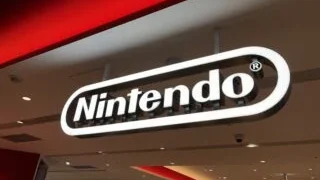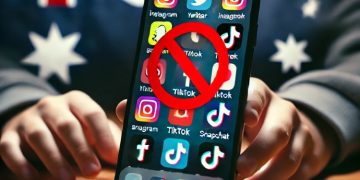Pop culture has always been a powerful force in shaping society, reflecting its values, aspirations, and struggles. From music to movies, television shows to social media, pop culture not only entertains but also serves as a mirror to the world we live in. In recent years, it has become increasingly evident that pop culture is more than just a reflection—it is also a catalyst for social change.
Music: The Soundtrack of Revolutions
Music has long been intertwined with social movements, serving as a unifying force and a voice for the voiceless. In the 1960s, artists like Bob Dylan and Joan Baez became symbols of the civil rights and anti-war movements, using their music to protest injustice and advocate for peace. Similarly, hip-hop emerged in the 1980s as a response to the socio-economic challenges faced by African American communities, with artists like Public Enemy and N.W.A. highlighting issues of police brutality and systemic racism.
In more recent times, songs like Childish Gambino’s “This is America” and Beyoncé’s “Formation” have sparked conversations about racial inequality and the Black Lives Matter movement. These tracks, with their powerful lyrics and provocative visuals, have reached global audiences, amplifying the message of social movements and encouraging people to take action.
Movies and Television: Shaping Perspectives
The influence of movies and television on social movements is equally profound. Films like “Selma,” which chronicles the 1965 voting rights marches led by Martin Luther King Jr., have helped educate audiences about historical struggles for justice and equality. By bringing these stories to the big screen, filmmakers not only preserve history but also inspire contemporary audiences to continue the fight for civil rights.
Television shows have also played a crucial role in shaping public opinion and driving social change. For example, the popular TV series “Orange is the New Black” brought attention to issues within the U.S. prison system, including racial disparities, the treatment of LGBTQ+ inmates, and the challenges faced by formerly incarcerated individuals. Through its storytelling, the show has influenced public discourse and even policy discussions surrounding criminal justice reform.
Social Media: The New Frontier
In the digital age, social media has become a powerful platform for pop culture and social movements to intersect. Memes, hashtags, and viral videos often serve as rallying cries for causes, spreading awareness at unprecedented speeds. Movements like #MeToo and #TimesUp have gained momentum through social media, with celebrities and everyday individuals using their platforms to share their stories and demand change.
Conclusion
From music to movies, pop culture has proven to be a formidable ally in the fight for social justice. It has the ability to reach diverse audiences, challenge societal norms, and inspire action. As we continue to navigate the complexities of the modern world, the intersection of pop culture and social movements will undoubtedly remain a vital force for progress and change.






















